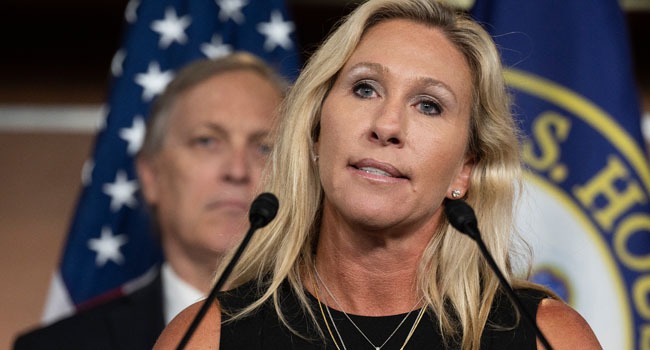Shocking Revelations from Dr. Morens’ Emails

In a recent congressional hearing, Dr. David Morens, a high-ranking official at the National Institutes of Health (NIH), faced intense scrutiny over a series of emails that have come to light. These emails reveal disturbing practices concerning the handling of sensitive information and potential cover-ups.
Emails Deleted to Avoid FOIA Requests
In an email dated April 18, 2020, Dr. Morens mentioned that he and other officials, including Dr. Anthony Fauci, received congratulatory emails from Peter Daszak of EcoHealth Alliance. Dr. Morens admitted to deleting these emails to avoid Freedom of Information Act (FOIA) requests, acknowledging that sensitive subjects should prompt the deletion of emails to prevent them from being accessed.
“Probably via a FOIA of someone who didn’t delete it as I did delete all of Peter’s emails and others relating to the origin when the started hitting the fan,” Morens wrote. This statement has raised concerns about transparency and accountability within the NIH.
FOIA Procedures Described as Dreadful and Paranoia Inducing
In another email from June 16, 2020, Dr. Morens expressed frustration over FOIA requests, calling them “dreadful and paranoia-inducing.” He noted that these requests could yield thousands of pages of documents, many of which are meaningless. Morens advised his colleagues to avoid creating “smoking guns” in emails and to delete any sensitive information.
Controversial Practices and Questionable Humor
Further emails revealed that Dr. Morens had learned methods to make emails disappear after a FOIA request was initiated but before the search started. In an email dated February 24, 2021, he mentioned a “FOIA lady” who taught him these techniques, adding a humorous yet concerning reference to Hillary Clinton’s infamous email scandal.
Dr. Morens also shared personal anecdotes and off-color jokes in his emails, including a detailed account of his drinking habits and musings on his personal life post-divorce. These revelations have cast a shadow over his professional conduct and judgment.
Allegations of Kickbacks and Financial Impropriety
One of the most alarming aspects of the emails involves references to kickbacks. On August 7, 2020, Dr. Morens mentioned covering up for Dr. Fauci and hinted at receiving kickbacks. In a subsequent email dated August 27, 2020, he questioned whether he was entitled to a kickback, suggesting a discussion about the distribution of funds. These statements have sparked serious concerns about financial misconduct and corruption within the NIH.
Calls for Accountability and Transparency
During the hearing, Dr. Morens attempted to downplay the significance of his emails, but the revelations have prompted calls for greater accountability and transparency. Lawmakers and the public are demanding answers about the NIH’s practices and the potential mishandling of critical information during the COVID-19 pandemic.
Conclusion
The release of Dr. Morens’ emails has opened a Pandora’s box of questions regarding the NIH’s integrity and transparency. As the investigation continues, it remains to be seen what further revelations will emerge and how they will impact public trust in one of the nation’s leading health institutions.

